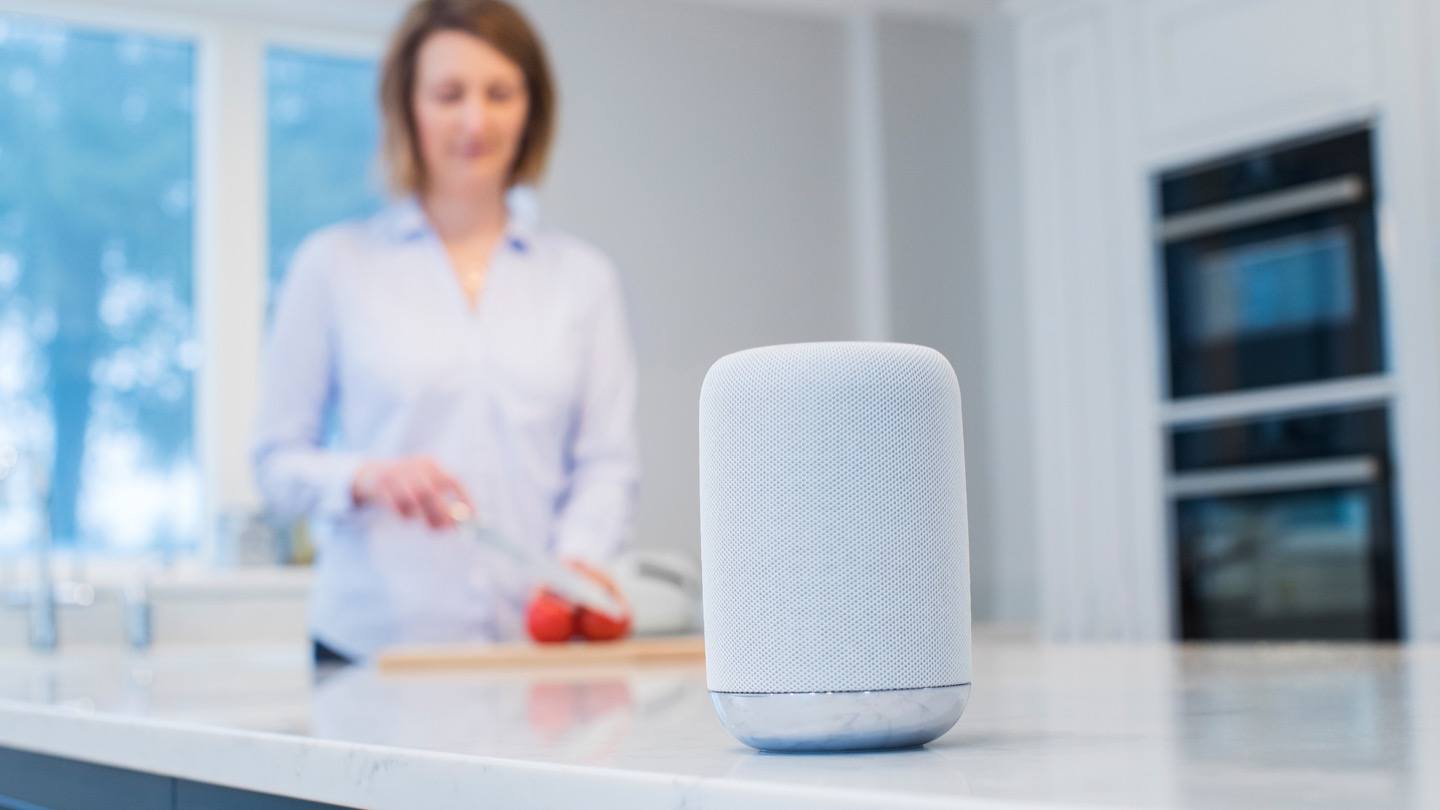Ever had a conversation about a product or service only to see an ad for that exact product popping up on browsers and other internet-connected devices in your home? You’re not alone. According to a study conducted by PCmag.com, 68% of users believe their smart home devices are listening to them when they aren’t aware. The concern is a valid one as smart devices have quickly become a staple in day-to-day life just as quickly as stories of smartphones listening in have become the norm. You may find yourself asking Alexa or Siri, “Are you spying on me?”
Companies say: Yes and no
According to a Bloomberg report, tech and e-commerce giant, Amazon, has admitted to employing thousands of workers to listen to what’s said in the recording proximity of an Alexa-enabled Echo device. Amazon claims it’s all in pursuit of improving customer experience — employees transcribe, annotate and report newly-learned information into Alexa’s software, and this only occurs in a small percentage of recordings.
Facebook, on the other hand, completely denies using your phone’s microphone to inform advertisements on your News Feed. To get those oddly specific ads, the company uses your personal interests and profile information to recommend content geared towards you. They also admit to accessing your microphone (if you’ve given the Facebook app permission) and are actively using a feature requiring audio.
So simply put, they are listening to you in certain situations, but you agreed to it, and they don’t need your conversations to figure out what you’re buying.
“They know a tremendous amount about you and that enables them to make guesses about what to advertise to you that can be uncannily accurate,” former Facebook operations manager, Sandy Parakilas told CBS News.
Although they might not be listening in, the means companies like Google and Facebook do use to create ads, can be just as invasive. A Princeton study showed that Google has trackers on nearly 70% of websites and Facebook monitors users on 23% of websites they browse. Google also admits to having access to “70% of credit and debit card transactions in the U.S.”
How to protect your privacy around your devices
If you’re worried about your data and what large corporations like Google are doing with it, here are a few simple steps you can take to make sure your online activities and private conversations stay private.
Amazon Echo
In the Alexa app on your smartphone device:
- Navigate to the menu on the left side of the screen and select Alexa account
- Pick Alexa Privacy and then Manage how your data improves Alexa
- Switch off the button that says Help develop new features
- Also, switch off the button under Use messages to improve transactions
These settings should give you greater control over what information is sent to Amazon.
When you install the Facebook app on any device, it will ask to access your microphone, but it’s easy to deny this access after the fact.
On Android devices:
- Go to Settings and select Applications
- Choose Application manager and find Facebook
- Select Permissions and then turn off the mic
On iOS devices:
- Go to your Settings menu and select Facebook
- Choose Settings and toggle the microphone switch from on to off
You can toggle these settings on and off depending on your preference using the instructions above.
Google allows users to assess recordings made by their smart home devices and delete them if they so choose. Users may also opt out of being recorded altogether by turning off the “Ok Google” wake phrase.
On Android devices:
- Choose Settings and then Google
- Select Search & Now and then choose Voice
- Switch Ok Google detection off to turn off the wake phrase
On iOS devices:
- Choose Settings and then Google Assistant
- Select Microphone and slide the switch off
Siri
Yep, that’s right. Siri could be listening as well. Apple introduced the “Hey Siri” wake phrase with iOS 8, so she’s always right there and waiting for a request. However, you can opt out of this feature without disabling Siri completely.
- Choose Settings and then General
- Select Siri and switch Allow “Hey Siri” to off
For more updates on smart home technology and industry trends, follow us on Facebook, Twitter or right here on our resource center.
-
Featured
![How much data does Amazon Alexa use?]() How much data does Amazon Alexa use? Camryn Smith — 4 min read
How much data does Amazon Alexa use? Camryn Smith — 4 min read -
Featured
![10 tips to shop more safely online and protect your privacy]() 10 tips to shop more safely online and protect your privacy Joe Supan — 6 min read
10 tips to shop more safely online and protect your privacy Joe Supan — 6 min read -
Featured
![How to stop targeted ads on Facebook and Google]() How to stop targeted ads on Facebook and Google Robin Layton — 7 min read
How to stop targeted ads on Facebook and Google Robin Layton — 7 min read
Latest
-
Friday, April 19, 2024
Can other Wi-Fi networks interfere with mine?Robin Layton — 4 min read
-
Thursday, April 18, 2024
Comcast introduces new pre-paid internet, mobile and streaming plansRobin Layton — 2 min read
-
Thursday, April 18, 2024
T-Mobile imposes data cap of 1.2TB/mo.Robin Layton — 2 min read





